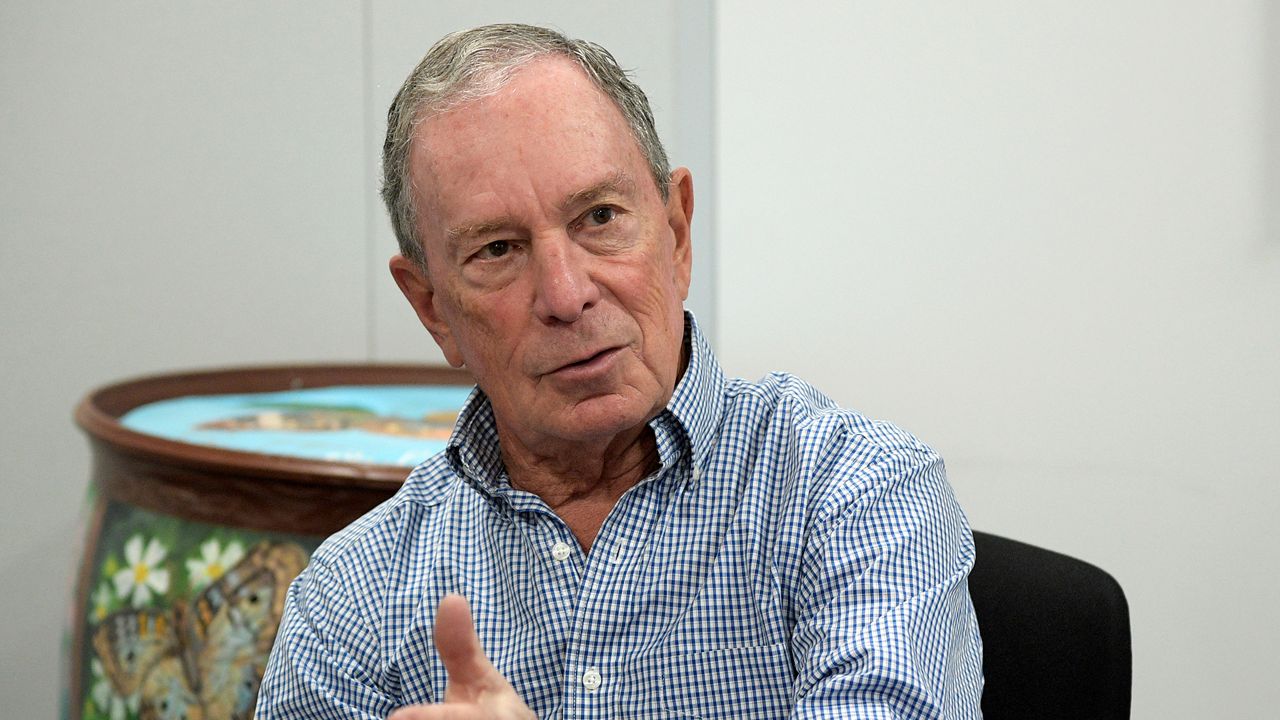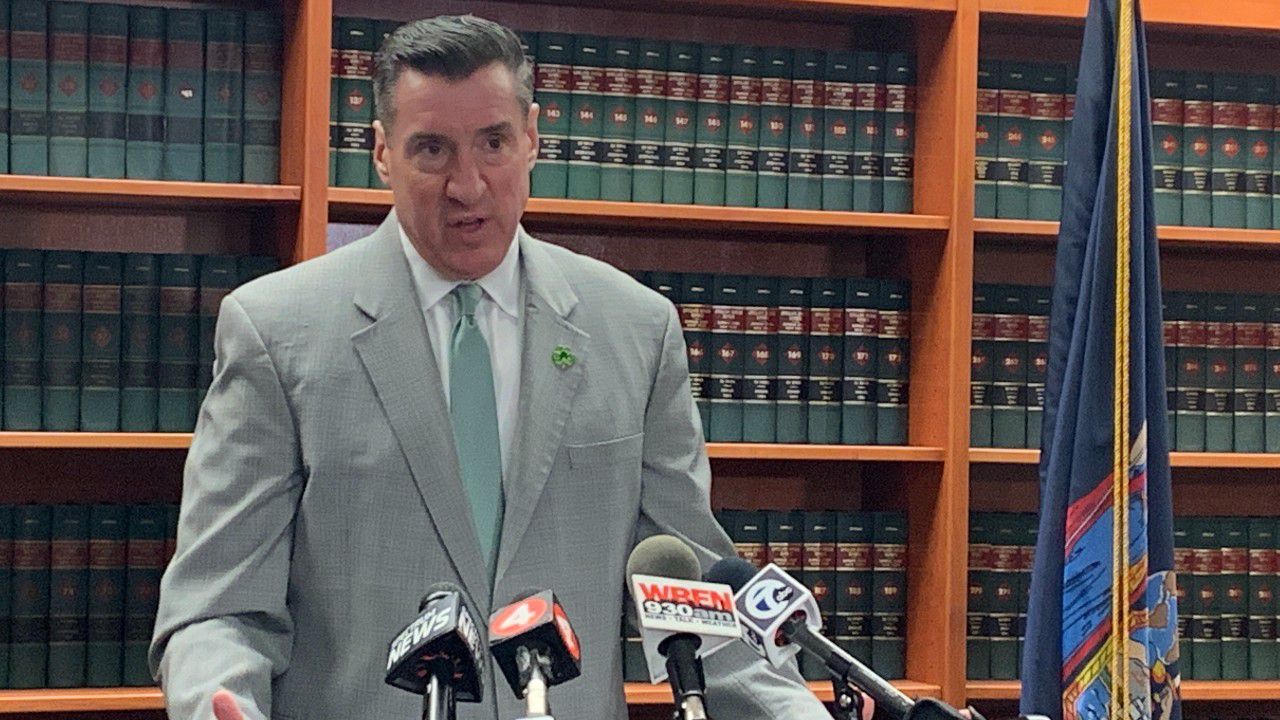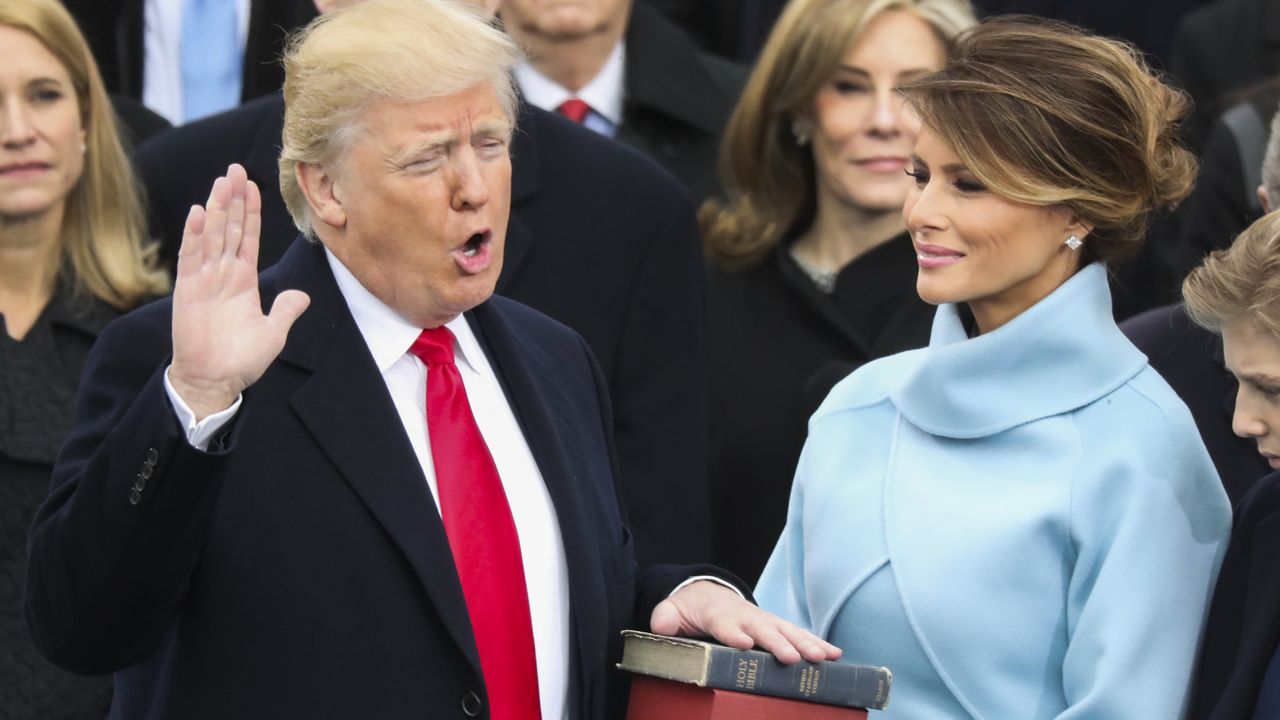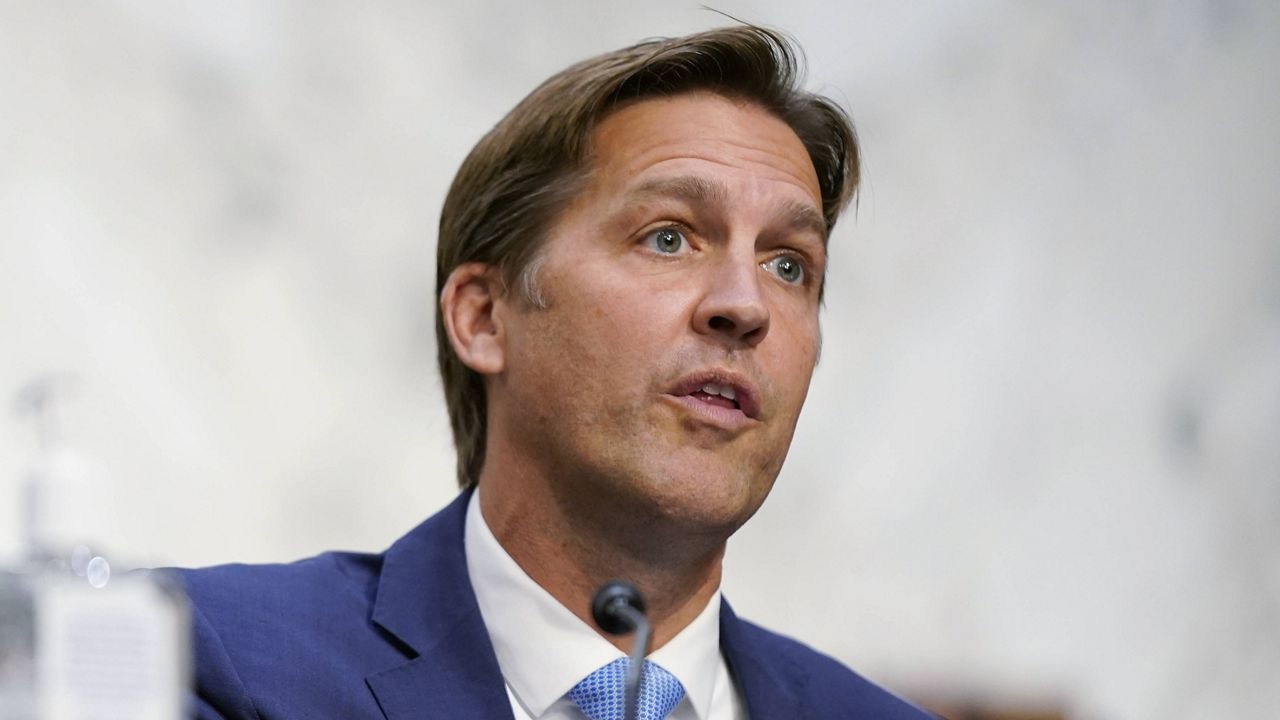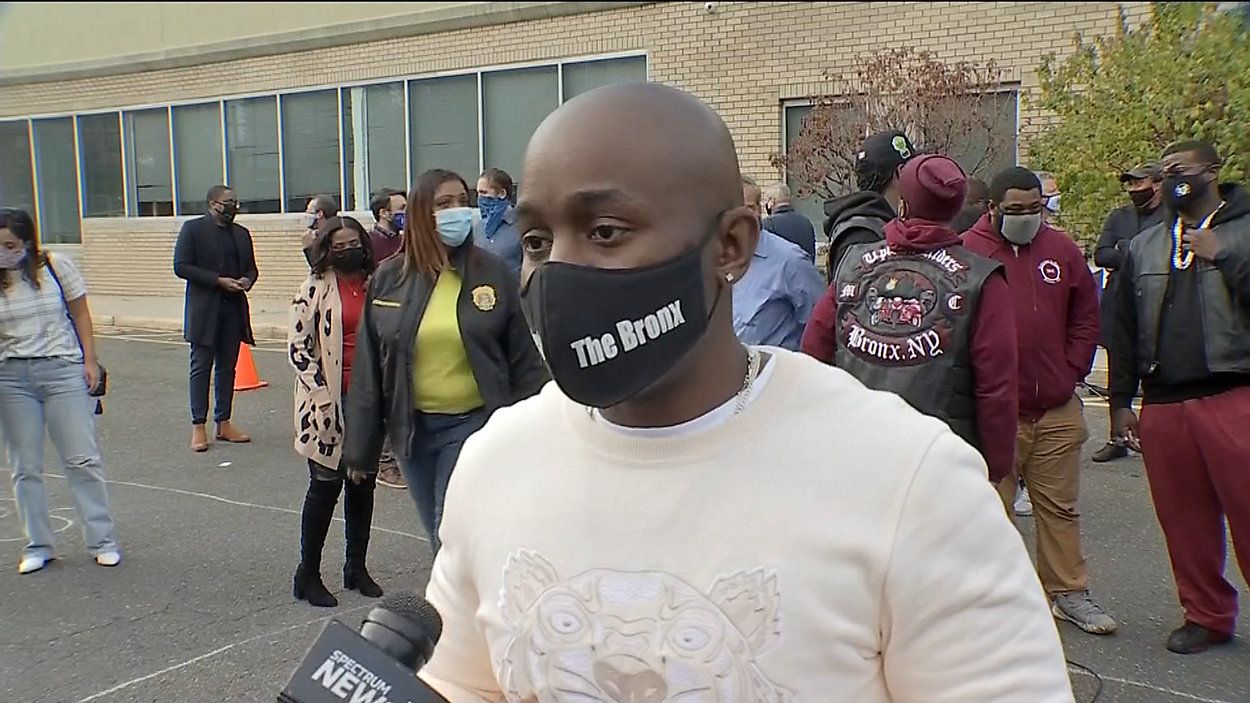Eight months after saying he would not join the race for president, former New York City Mayor Michael Bloomberg is considering joining the crowded field after all.
AN EYE ON THE ALABAMA PRIMARY
Bloomberg has not made a final decision on whether to run, according to advisers, but he is expected to file to get on the ballot in Alabama's presidential primary. Alabama has an early filing deadline and is among the states that vote on Super Tuesday, the name for the large number of state contests that day.
In a statement on Thursday evening, Bloomberg adviser Howard Wolfson said the former mayor is worried that the current crop of Democratic presidential candidates is "not well positioned" to defeat President Donald Trump.
There is no filing requirement for a candidate to run in the Iowa caucuses, which are a series of Democratic Party meetings, not state-run elections. It means a candidate can enter the race for the February 3 leadoff contest at any time.
But Bloomberg would have to swiftly make up ground to compete with candidates like former Vice President Joe Biden, Massachusetts Sen. Elizabeth Warren, and others, who have spent months traveling the country meeting voters.
Warren, who would be one of Bloomberg's top rivals in the Democratic primary and has railed against the billionaire class, needled the former mayor on Twitter in reaction to the news, pointing him to her policy plans to tax billionaires.
A POTENTIAL 180
In early March, Bloomberg, after months of speculation, said he wouldn't aim for the White House, citing the difficulties he expected to face if he joined the large Democratic field. The Democratic field has winnowed slightly since then, with fellow New Yorkers Sen. Kirsten Gillibrand and current mayor Bill de Blasio dropping out, but over 15 Democrats are still in the race.
In an op-ed released on the Bloomberg website earlier this year, the former three-term mayor had said he believed he would beat President Donald Trump in a general election but added that he was "clear-eyed about the difficulty of winning the Democratic nomination in such a crowded field."
Bloomberg also said in the op-ed that, until 2021, "our only real hope for progress lies outside of Washington."
"I've come to realize that I’m less interested in talking than doing. And I have concluded that, for now, the best way for me to help our country is by rolling up my sleeves and continuing to get work done," Bloomberg said in the op-ed.
The 77-year-old Bloomberg was elected to three terms as New York City mayor — twice as a Republican in 2001 and 2005, and once as an independent on the Republican line in 2009.
He switched his political affiliation from the Democratic Party to the Republican Party ahead of his first successful run for mayor in 2001. He became an independent in 2007, two years before he won a third term as mayor.
MONTHS OF SPECULATION
First, there was the 2008 cycle, when then-Mayor Bloomberg left the Republican Party, fueling speculation he would run for president as an independent. He ultimately took a pass.
"I've thought long and hard, it's been very flattering," he said at the time.
A similar sequence played out in 2012 and 2016, when Bloomberg determined he had no path to victory and could in fact throw the race to Trump.
But the billionaire had been fueling speculation of a 2020 run. In October 2018, he seemingly decided his best shot at winning was as a Democrat, re-registering with the party, arguing Democrats "provide the checks and balance our nation so badly needs." He also poured $110 million into U.S. House of Representatives races on behalf of Democrats.
Bloomberg was also barnstorming the country, including a December trip to Iowa, home to the first-in-the-nation nominating contest. Ostensibly, he was there to promote a new climate change documentary he helped fund. But he also attended events focused on renewable energy that had the feel of campaign stops, and had private meetings with top Iowa Democrats.
In interviews, he seemed to be rehearsing his pitch to voters: "I have a lot of experience which would be useful if I was president of the United States. That doesn't mean I'm going to run."
But there was no secret he was seriously considering it. Bloomberg, who premiered the documentary in Manhattan, was even thinking ahead to what might become of his business, Bloomberg L.P., telling an interviewer he'd likely sell or put the business into a blind trust if he won the White House.
Bloomberg said he would decide by February, but his team had been looking at possible campaign office spaces in Manhattan, according to a source. The source told NY1 in late-February that Bloomberg's advisers were considering the former New York Times Building on West 43rd Street and 7 World Trade Center as possible options. It's unclear if those plans would be back on if he runs now.
------
Looking for an easy way to learn about the issues affecting New York City?
Listen to our "Off Topic/On Politics" podcast: Apple Podcasts | Google Play | Spotify | iHeartRadio | Stitcher | RSS




